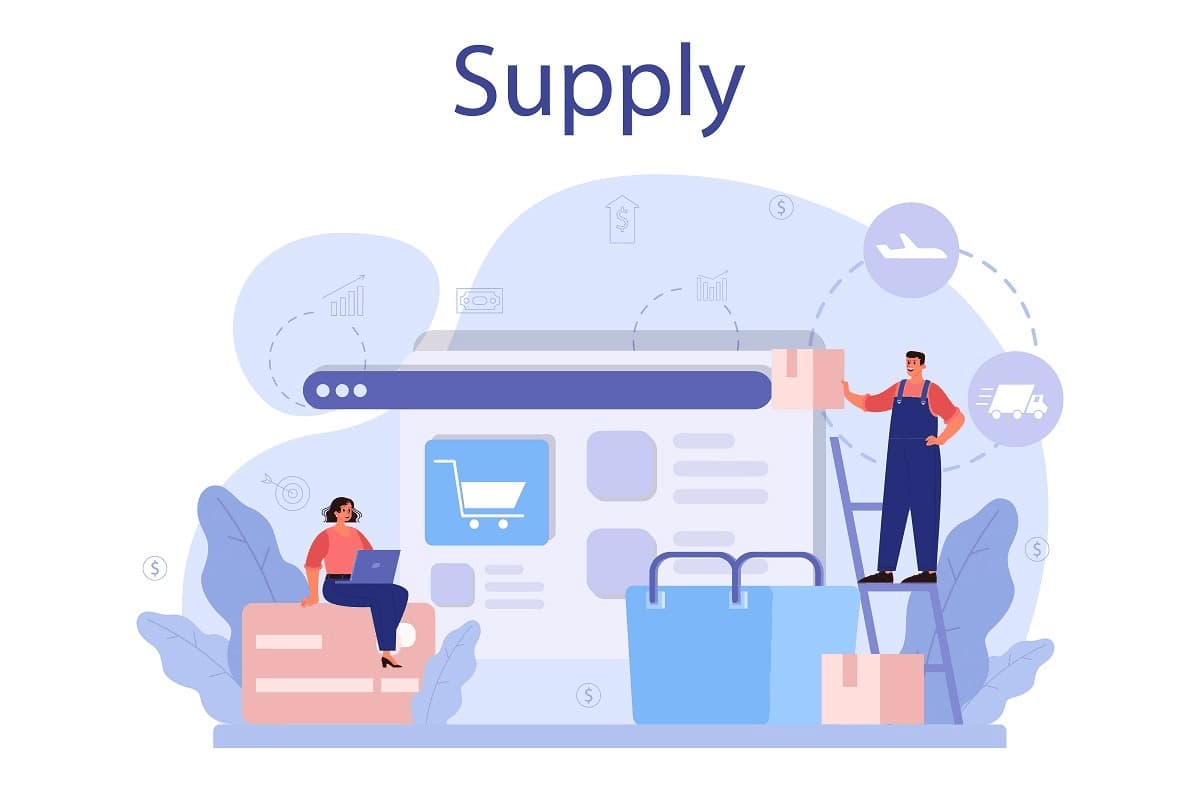
The Role of Logistics Management in Supply Chain Management
Logistics management refers to the efficient planning, implementation, and control of the flow of goods, services, and related information from the point of origin to the point of consumption. It encompasses activities such as transportation, warehousing, inventory management, packaging, and order fulfillment. In essence, logistics management ensures that the right product reaches the right place, […]
Read More
The Top 10 Logistics Trends to Watch in 2024
Logistics is the process of planning, organizing, and managing the flow of goods and services from the point of origin to the point of consumption. It is a complex and ever-changing industry, and businesses of all sizes need to be aware of the latest trends in order to stay competitive. The global logistics industry rebounded […]
Read More
Supply Planning – The Ultimate Guide
Supply planning is the process of forecasting demand, determining the optimal inventory levels, and scheduling production and transportation to meet that demand. It is a critical function for any business that wants to ensure that it has the right amount of product in the right place at the right time. There are a number of […]
Read More
Sales and Operations Planning(S&OP) – Importance, Process, and Performance Tracking
Sales and operations planning (S&OP) is a process for aligning demand and supply across an organization. It is a cross-functional process that brings together sales, marketing, operations, finance, and other key stakeholders to create a plan that meets the needs of the business. Why is S&OP important? Sales and operations planning (S&OP) is a critical […]
Read More
Marginal Costing for Profit Planning
Marginal costing is a method of accounting for costs that focuses on the change in costs that results from a change in the number of units produced. It is a more accurate way of determining the cost of a product or service than traditional costing methods, which allocate all costs, both variable and fixed, to […]
Read More
Shipping Management Software: Streamline Your Fulfillment Process
Shipping is an integral part of any business that sells products, especially in the eCommerce industry. As your business grows, managing your shipping process efficiently becomes crucial. This is where shipping management software comes into play. With the right software, you can automate and streamline your fulfillment process, saving valuable time and resources. In this […]
Read More
Impact of Misshipments on E-Commerce Businesses and How to Reduce
A misshipment is when an e-commerce order is sent to the wrong location, to the wrong customer, or with the wrong items. In the world of e-commerce, misshipments are an unfortunate reality that can have a significant impact on businesses. Whether it’s sending the wrong items, shipping products using the wrong service level, or other […]
Read More
Retail Markdown Strategies: Boosting Sales and Maximizing Profits
A retail markdown is a temporary price reduction on a product. It is often used to clear out old inventory or to increase sales during a slow period. Markdowns can be calculated as a percentage of the original price or as a flat dollar amount. Retail markdowns can take various forms, such as sales, discounts, […]
Read More
The Key to Retail Success: Effective Retail Operations Management
Retail operations management is the process of overseeing the day-to-day activities of a retail business. This includes tasks such as inventory management, order fulfillment, customer service, and store operations. The goal of retail operations management is to ensure that the retail business runs smoothly and efficiently, and that customers have a positive shopping experience. Importance […]
Read More
Demand Patterns: How to Use Them to Make Better Business Decisions
Demand patterns are the regular fluctuations in demand for a product or service over time. They can be caused by a variety of factors, such as seasonality, economic cycles, and trends. Why Are They Important? Demand patterns are important for businesses because they can help businesses to: Here are some specific examples of how demand […]
Read More